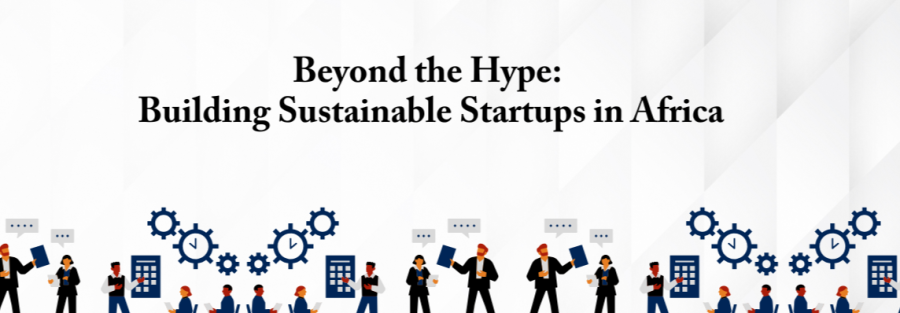Over the past few years, Africa’s startup ecosystem has captured global attention. From record-breaking fundraising rounds to the emergence of unicorns, the headlines painted a story of unstoppable growth and limitless potential.
But beneath the buzz lies a more complex reality. Many ventures continue to struggle with profitability, weak unit economics, and limited resilience when investor capital slows down. The truth is that hype can ignite excitement, but it cannot build lasting companies.
At Nubia Capital, we believe the next decade of African entrepreneurship will not be defined by valuations and vanity metrics, but by sustainability, resilience, and measurable impact.
The Hype Cycle and the Reset
Between 2020 and 2022, venture capital inflows into Africa hit historic levels. Global investors, attracted by the continent’s rising digital adoption, poured money into fast scaling fintechs, logistics platforms, and consumer apps. Valuations soared, and “growth at all costs” became the dominant narrative.
By 2023, however, the global funding slowdown brought a reality check. Startups were forced to rethink strategies, investors demanded clearer paths to profitability, and many high-profile ventures stalled or shut down.
The lesson? Africa does not need hype-driven companies; it needs resilient ones that are built to withstand economic cycles.
Why Sustainability Matters More Than Ever
The startups that will endure are those that can:
- Prioritize unit economics: balancing customer acquisition costs (CAC) against lifetime value (LTV), and building healthy margins.
- Generate quality revenue: focusing not just on rapid growth, but on predictable and recurring income.
- Adapt to local realities: tailoring solutions to Africa’s infrastructure gaps, informal economies, and cultural contexts rather than copying Silicon Valley models.
- Create measurable impact: addressing systemic challenges in fintech, health, agriculture, and climate.
A Playbook for Founders
Founders navigating this new reality should consider:
- Profitability early: design business models that move towards breakeven faster, instead of relying solely on repeated fundraising rounds.
- Partnerships: leverage corporates, DFIs, and government programs for scale and credibility.
- Capital efficiency: build lean, resilient operations that can thrive even in capital-constrained environments.
- Governance and transparency : instill trust with investors and stakeholders from the very beginning.
What Investors Are Looking For
For investors like Nubia Capital, the shift is clear. We look for:
- Disciplined growth over unchecked expansion.
- Resilient founders who can pivot and manage scarce resources.
- Clear governance structures that reduce risk and build accountability.
- Alignment with Africa’s biggest needs—from financial inclusion and affordable healthcare to resilient food systems and climate adaptation.
Nubia Capital’s Perspective
Our portfolio reflects this philosophy. From fintech ventures expanding access to underserved populations, to healthtech startups bridging critical care gaps, we back entrepreneurs who are moving beyond the hype and building for sustainability.
The winners of Africa’s next decade will not be the loudest companies with the flashiest headlines. They will be the disciplined, impact-driven businesses that solve real problems and endure through cycles.
Closing Thoughts
For founders, the path forward is clear: focus on resilience and sustainability. For investors, the opportunity is compelling: back businesses solving Africa’s most pressing challenges. For ecosystem builders, the mission is urgent: design structures that reward resilience, not just hype.
At Nubia Capital, we remain committed to partnering with founders and investors who believe in this vision. Together, we can help build an ecosystem where African startups thrive beyond the hype.
Follow our newsletter for more insights on Africa’s venture capital landscape.






